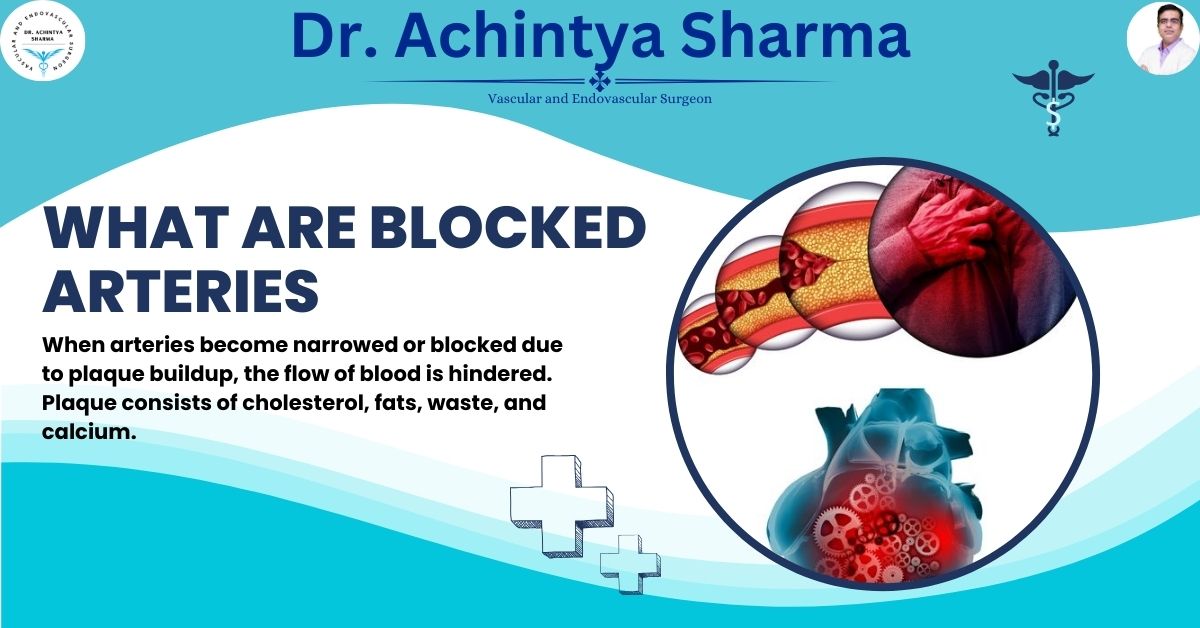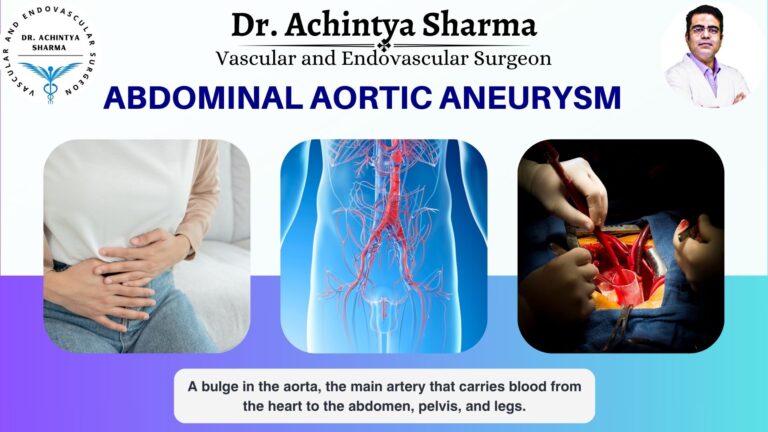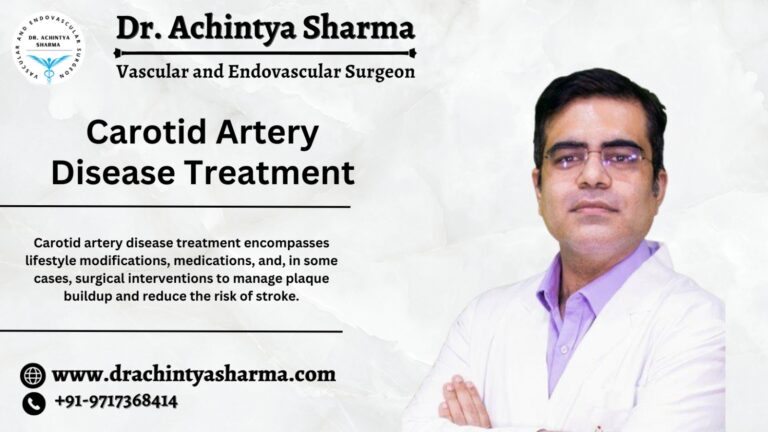Blocked arteries, also known as arterial blockages, can silently disrupt blood flow, posing serious health risks. These blockages occur when fatty deposits, cholesterol, or other substances build up in the arteries, a condition called atherosclerosis. While the heart and other organs rely on clear, healthy arteries, blockages can lead to issues like chest pain, shortness of breath, or even life-threatening events like heart attacks or strokes. Recognizing the early signs of blocked arteries, such as fatigue, dizziness, or unusual pain, can save lives. Understanding these warning signs empowers individuals to seek timely medical care and adopt healthier lifestyles for better heart and overall health.
What Are Blocked Arteries?
Arteries carry oxygen-rich blood from the heart to the body.When arteries become narrowed or blocked due to plaque buildup, the flow of blood is hindered. Plaque consists of cholesterol, fats, waste, and calcium.Over time, this buildup can lead to a complete blockage, significantly increasing the risk of cardiovascular diseases.
Common Signs of Blocked Arteries
Blocked arteries often develop gradually and may not exhibit symptoms until the condition becomes severe. Still, some warning signs should not be ignored:
1. Chest Pain (Angina)
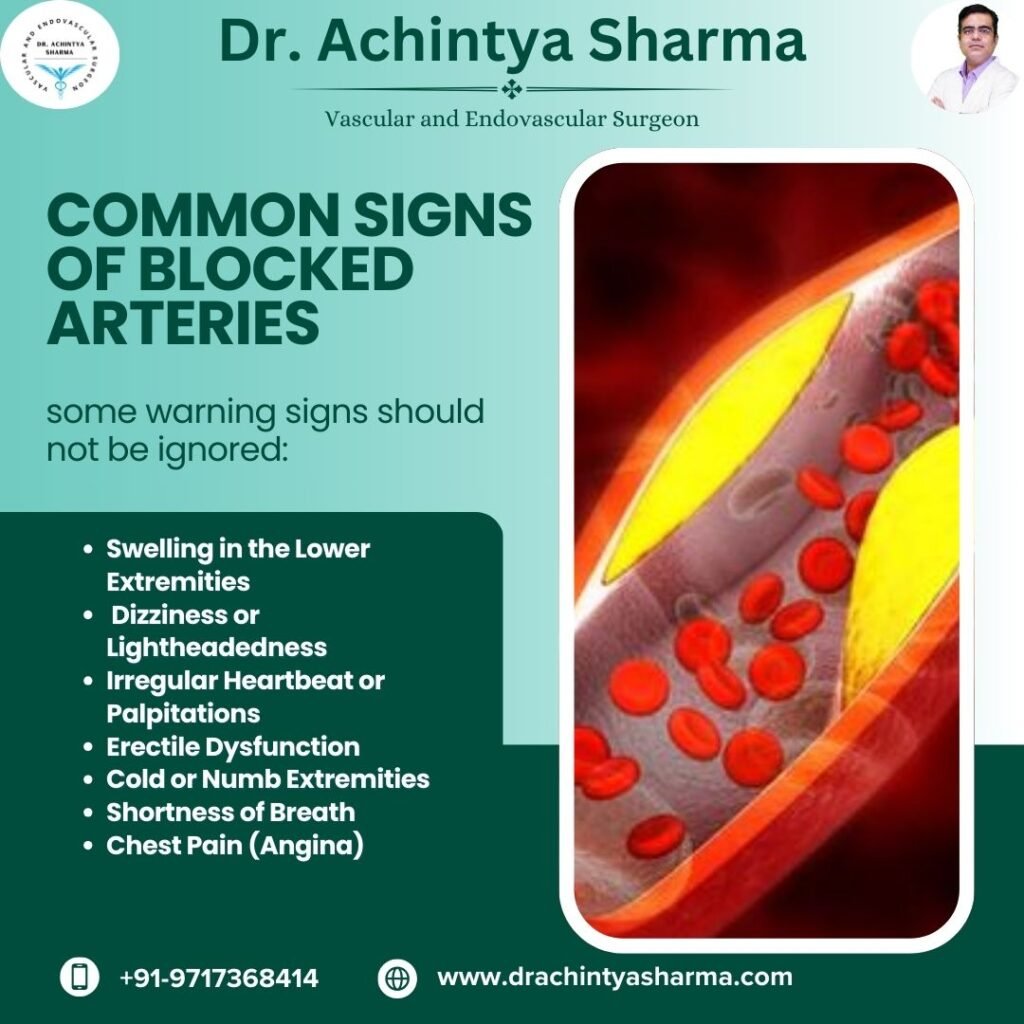
Chest pain or discomfort, often described as pressure, tightness, or squeezing, is a classic symptom of blocked arteries. Angina typically occurs when the heart doesn’t get enough oxygen-rich blood, especially during physical activity or stress.
2. Shortness of Breath
If your heart is unable to pump blood effectively due to blocked arteries, you might experience shortness of breath. This can occur even during light activities or while resting.
3. Fatigue
Feeling unusually tired, even after minimal exertion, can be a sign of blocked arteries. Fatigue is often overlooked but should be taken seriously if it persists.
4. Pain in Other Parts of the Body
Blocked arteries can cause pain beyond the chest. For instance:
- Arm Pain: Pain that radiates to the left arm is a common symptom of a heart attack.
- Leg Pain: Peripheral artery disease (PAD) occurs when arteries in the legs are blocked, leading to pain, cramping, or weakness while walking.
- Jaw or Back Pain: Discomfort in these areas, especially when paired with chest pain, may indicate a cardiac issue.
5. Cold or Numb Extremities
Reduced blood flow to the arms or legs can cause them to feel cold or numb. This is often a sign of blocked arteries (peripheral arteries).
6. Erectile Dysfunction
For men, erectile dysfunction can be an early warning sign of blocked arteries, as it may result from poor blood flow.
7. Irregular Heartbeat or Palpitations
An irregular or racing heartbeat can occur when the heart struggles to receive enough oxygenated blood due to blockages.
8. Dizziness or Lightheadedness
When the brain doesn’t receive sufficient blood flow, it can cause dizziness or a feeling of being lightheaded. This may occur suddenly and should not be ignored.
9. Swelling in the Lower Extremities
Fluid retention in the legs, ankles, or feet might indicate heart failure, which can result from severe artery blockages.
Risk Factors for Blocked Arteries
Understanding the risk factors for blocked arteries can help you take preventive measures. Key factors include:
- High cholesterol levels
- Smoking
- High blood pressure
- Diabetes
- Obesity
- Lack of physical activity
- Family history of heart disease
- Unhealthy diet rich in saturated fats and sugars
How Are Blocked Arteries Diagnosed?
If you experience any of the symptoms present above, consult a healthcare professional immediately. Diagnosis typically involves:
- Physical Examination: Checking for signs like weak pulses or slow wound healing in extremities.
- Blood Tests: Measure cholesterol and blood sugar levels.
- Imaging Tests: Such as angiography, CT scans, or ultrasounds to assess arterial health.
- Stress Tests: To monitor how your heart functions under physical exertion.
Prevention and Management
Preventing blocked arteries involves making healthy lifestyle choices and managing existing medical conditions. Here are some tips:
1. Adopt a Heart-Healthy Diet
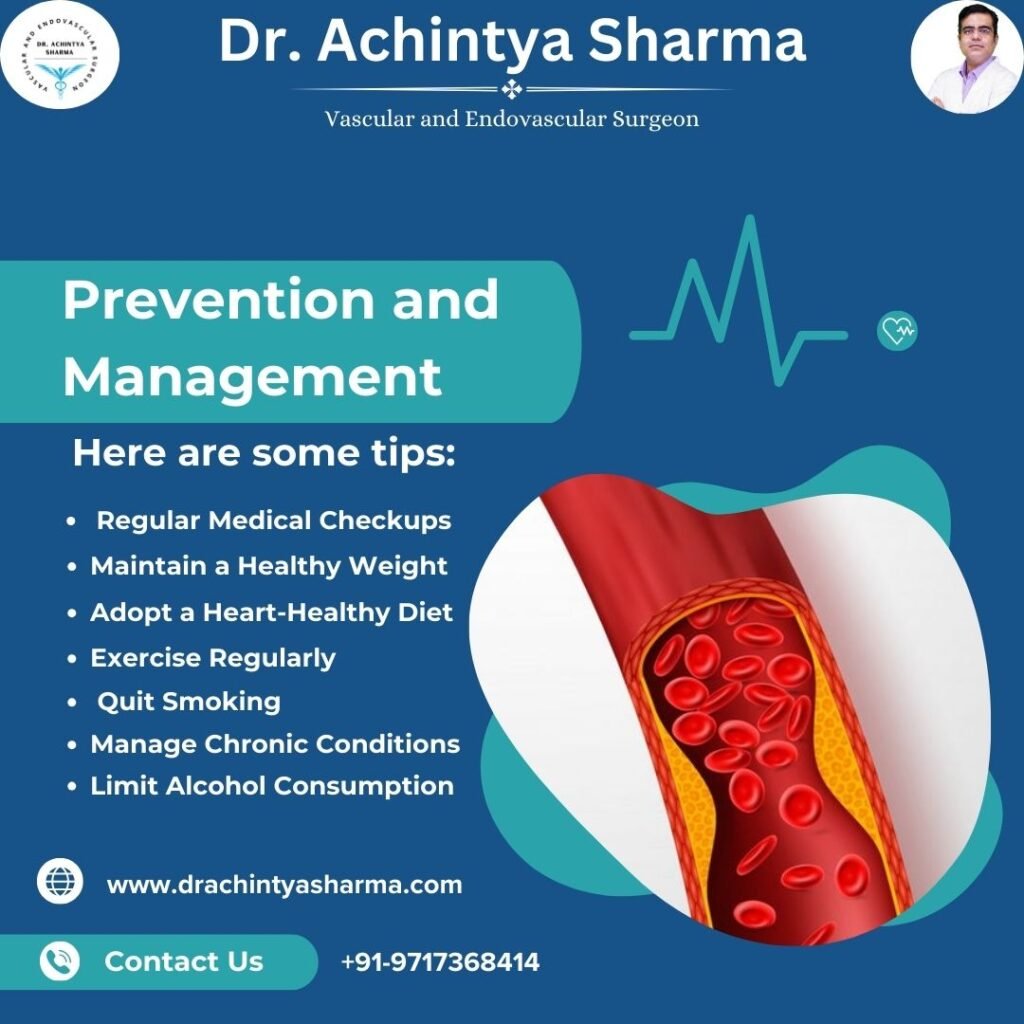
- Make sure to eat plenty of fruits, vegetables, whole grains, and lean proteins to keep your body healthy and strong.
- Avoid trans fats, saturated fats, and added sugars.
- Include omega-3 rich foods like salmon and walnuts.
2. Exercise Regularly
Exercise for 30 minutes most days. Walking, cycling, or swimming are great for heart health.
3. Quit Smoking
Smoking damages the arteries and accelerates plaque buildup. Quitting smoking is one of the most effective ways to reduce your risk of blocked arteries.
4. Manage Chronic Conditions
Manage high blood pressure, diabetes, and high cholesterol with medicine and healthy habits.
5. Limit Alcohol Consumption
Excessive alcohol intake can contribute to high blood pressure and other risk factors for blocked arteries.
6. Maintain a Healthy Weight
Obesity increases the risk of atherosclerosis. Staying at a healthy weight can greatly lower your risk.
7. Regular Medical Checkups
Regular health check-ups and screenings can help find any potential health problems early, before they turn into bigger issues, making it easier to treat them.
When to Seek Emergency Help
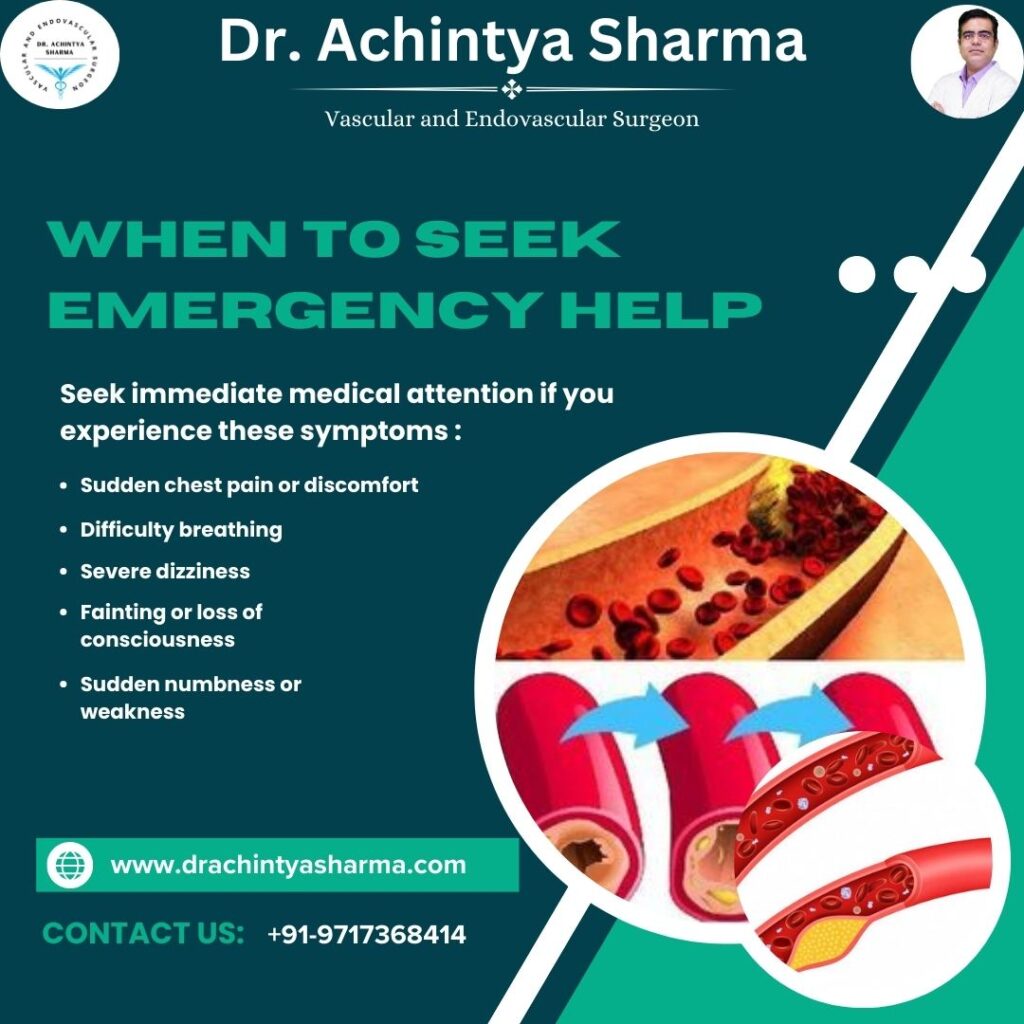
Blocked arteries can lead to life-threatening emergencies such as heart attacks and strokes. Seek immediate medical attention if you experience:
- Sudden chest pain or discomfort
- Difficulty breathing
- Severe dizziness
- Fainting or loss of consciousness
- Sudden numbness or weakness, often affecting just one side of the body, can be a sign of blocked arteries, like a stroke.
Conclusion:
Recognizing the signs of blocked arteries is essential for protecting your health and preventing serious complications. Symptoms like chest pain, fatigue, or shortness of breath should never be ignored, as they may indicate underlying issues. Early detection and prompt medical attention can significantly reduce the risk of heart attacks or strokes. By maintaining a healthy lifestyle, including regular exercise, a balanced diet, and managing stress, you can help keep your arteries clear and your heart strong.Stay in tune with your body, pay attention to how you feel, and make your heart’s health a priority.

